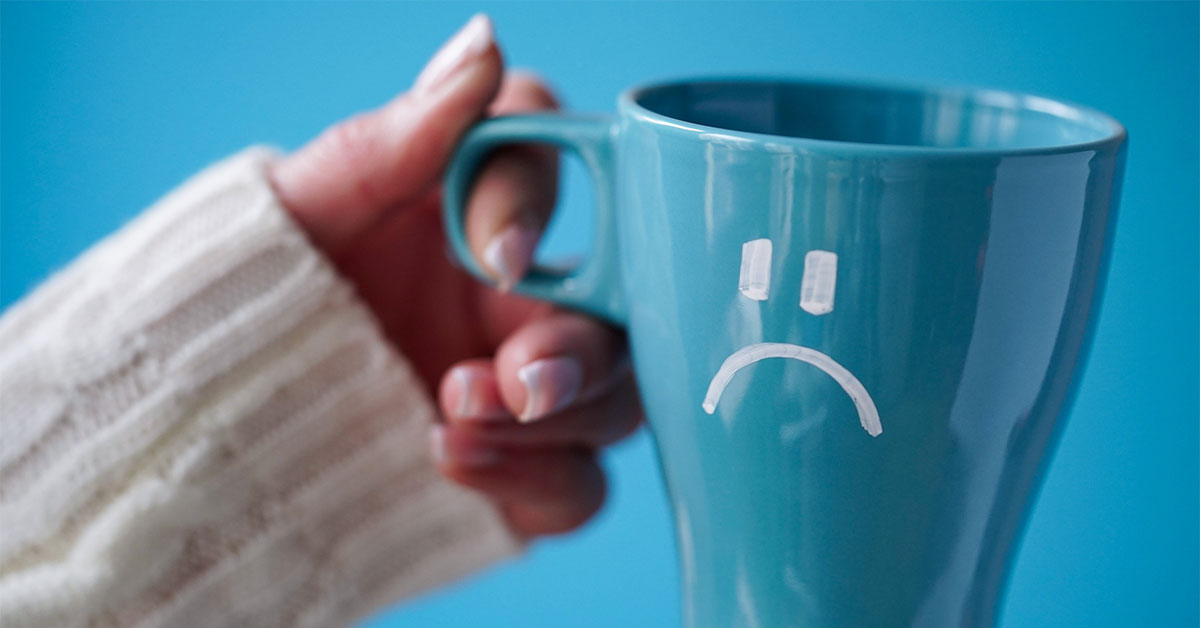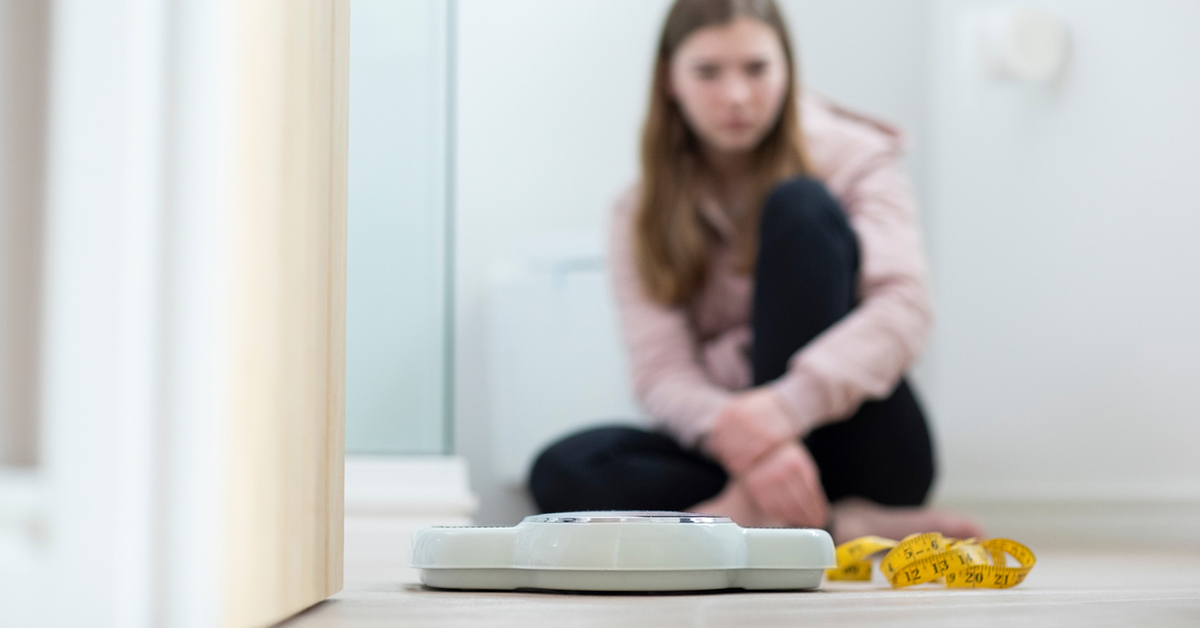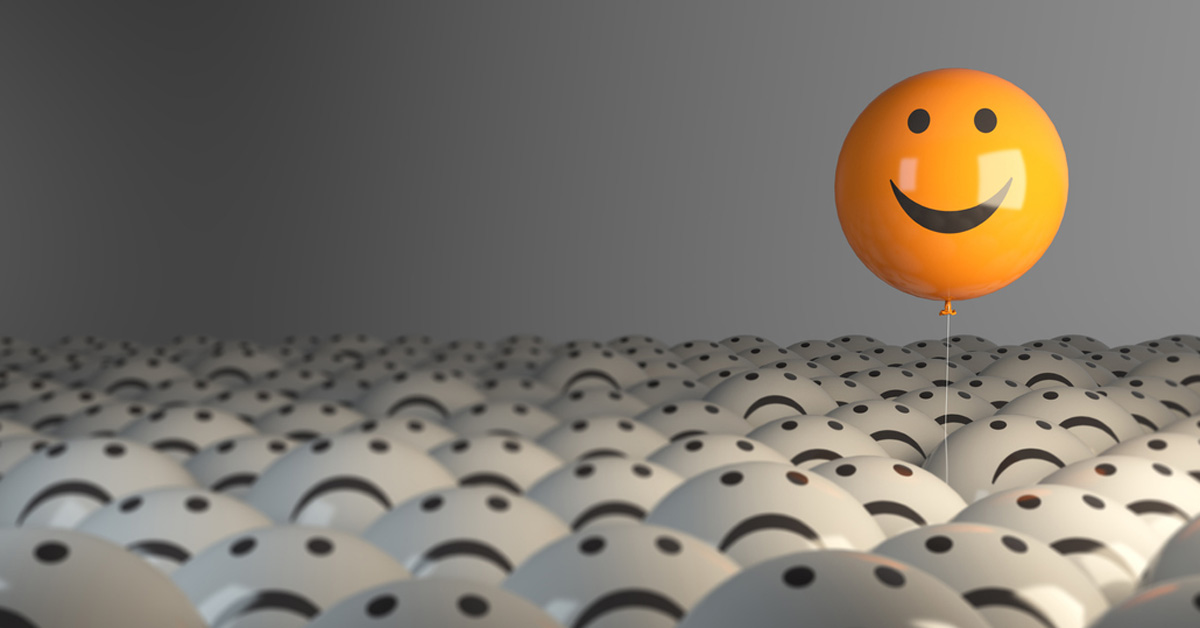Depression is more than just a few days of feeling down. It’s a serious mental health condition that affects how you think, feel, and function. It can interfere with work, relationships, and even basic daily activities. Recognizing the symptoms is the first step toward getting support and beginning the path to healing.
Depression looks different for everyone. While some people feel deeply sad, others may feel irritable, numb, or disconnected. According to the National Institute of Mental Health, about 8.3%, or 21 million adults in the US experience depression each year—underscoring just how common it is.
Common signs of depression
If you’re noticing several of these symptoms—especially if they persist for more than two weeks—it may be time to check in with a mental health provider.
- Persistent sadness or low mood
Feeling hopeless, empty, or down most of the day, nearly every day.
- Loss of interest or pleasure (anhedonia)
Activities that once brought joy—hobbies, time with friends, even food—may feel meaningless or dull.
- Changes in appetite or weight
Significant weight loss or gain due to eating much more or much less than usual.
- Fatigue or lack of energy
Everyday tasks might feel like heavy lifting, no matter how much sleep you get.
- Irritability or restlessness
Feeling on edge, easily frustrated, or unable to relax can also be signs of depression—especially in men and teens.
- Difficulty concentrating
Trouble focusing, remembering details, or making decisions, which can affect performance at work or school.
- Feelings of worthlessness or guilt
Harsh self-criticism, shame, or guilt over things that wouldn’t normally bother you.
- Unexplained physical symptoms
Headaches, stomachaches, or body aches with no clear cause are common in people experiencing depression.
- Thoughts of death or suicide
This is a serious symptom that requires immediate help. If you or someone you know is struggling, call or text the 988 Suicide & Crisis Lifeline for free, 24/7 support.
” It’s vital to recognize that depression is a real illness—not a sign of weakness. Taking the step to acknowledge your symptoms and reach out for help is an act of courage and self-care. “
Jen Peterson, MSW, LICSW
Welia Health Social Services
When to seek help
If you’ve noticed several of these symptoms lasting longer than two weeks, don’t wait. Talk to a healthcare provider. Welia Health’s mental health providers offer a full range of services, including assessments, counseling, and ongoing support tailored to your needs.
Early intervention makes a real difference—and you’re not alone. Helpful resources include:
- Local mental health resources compiled by Welia Health
- National Alliance on Mental Illness (NAMI) – for peer support and education programs
- Minnesota Department of Health – for mental health and well-being resources
Caring for your mental health is just as important as caring for your physical health. If something doesn’t feel right, reach out. Help is here—and healing is possible. Reach out to Welia Health at 320.679.1313 or request an appointment online.
If you or a loved one is experiencing severe depression or thoughts of suicide, immediate help is vital. Call 988, text 988 or visit 988lifeline.org for support and assistance from the 988 Lifeline.
In life-threatening situations, dial 911.













